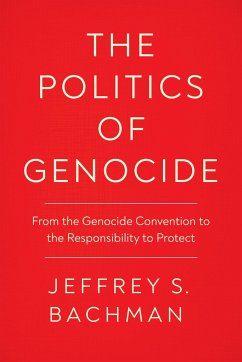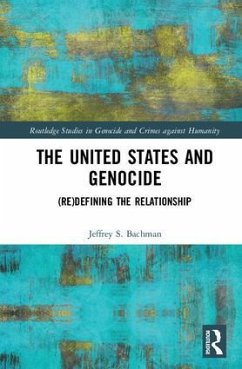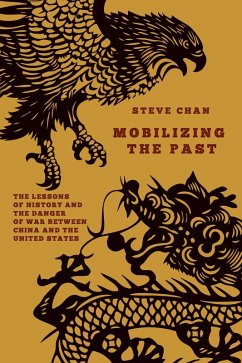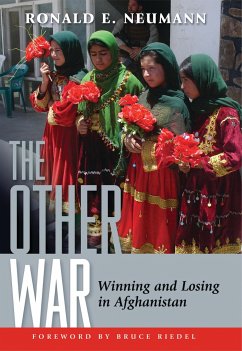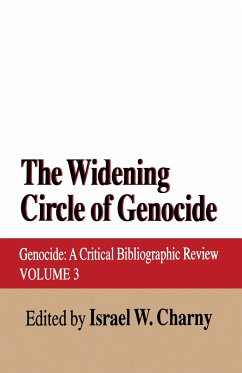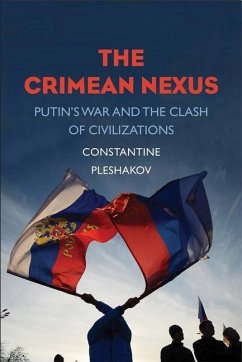
The Politics of Defining Genocide
International Relations, Denialism, and Prevention
Versandkostenfrei!
Versandfertig in über 4 Wochen
83,99 €
inkl. MwSt.

PAYBACK Punkte
42 °P sammeln!
Modern academic and political definitions of genocide are neither universally understood nor widely accepted by researchers and politicians alike. As such, the debate surrounding what exactly genocide is, and the reasons that often lead to its widespread misidentification, are timely and critically important to study. In this book, the authors broaden arguments around the epistemology of genocide to include the realities of realpolitik, and, following research by Mark Levene, argue that the misidentification or denial of genocide derives from the rise and scope of the modern nation-state. Exam...
Modern academic and political definitions of genocide are neither universally understood nor widely accepted by researchers and politicians alike. As such, the debate surrounding what exactly genocide is, and the reasons that often lead to its widespread misidentification, are timely and critically important to study. In this book, the authors broaden arguments around the epistemology of genocide to include the realities of realpolitik, and, following research by Mark Levene, argue that the misidentification or denial of genocide derives from the rise and scope of the modern nation-state. Examining case studies in Bosnia, Darfur, Cambodia, and Myanmar, the authors claim that genocide misidentification began with the drafting of the UN Genocide Convention, which allowed for complex geopolitical negotiations that left innocent state bystanders dangerously exposed. Appealing to both prevention practitioners and scholars, this book offers ways to identity and prevent genocide before it begins, as well as a blueprint for humanitarian intervention when and where genocide occurs around the globe.



